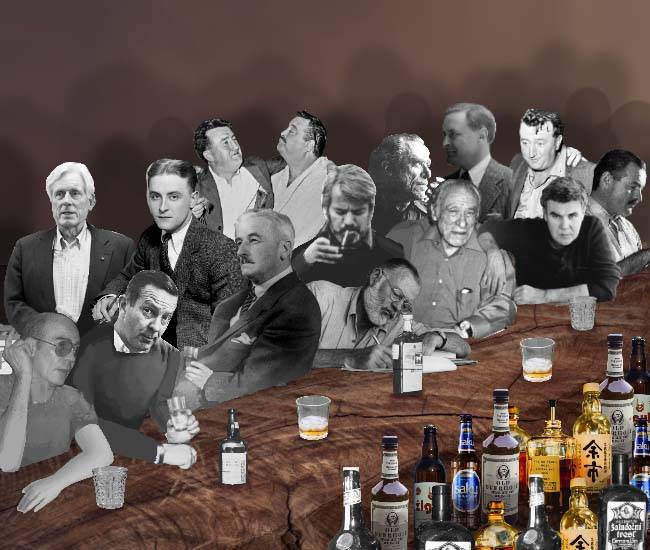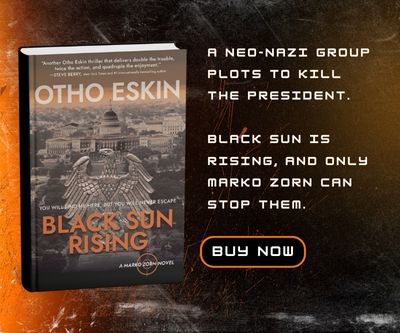I blame Hunter Thompson. Has there ever been a man who wrote more seductively of the mad intensity and unhinged fun brought on by a life of drugs and drink? His sentences were among the most eloquent ever composed in the English language. The example he set with his prose and his stunning insight was inspiring. As for his lifestyle? Beware to those who tried to emulate it. Following the king of Gonzo meant addiction and human wreckage and an early demise. It ultimately killed Hunter himself — of suicide at age 67. By that point, he was used up in body and soul, having snorted and drank away his talent ages ago, and he knew it.
Yet, when you’re an impressionable eighteen-year-old with writerly aspirations, and you come upon Dr. Thompson for the first time, you don’t see that dark horizon. You see a joyous life lived with breathtaking rebellion and righteousness. God, I wanted to write like that guy. And, sometimes, yes, I longed to live like him too.
Hunter Thompson may have been my portal, my guide, into a certain kind of long-romanticized writer’s life, but there is an endless array of others. Maybe it was Charles Bukowski who launched you down this particular path. Or was it Raymond Chandler? Or perhaps it was Fitzgerald, Hemingway or Faulkner — the OG trio of drunken literary genius in the American pantheon. And let’s not even get started with the Irish … okay, just one example, probably amble: Brendan Behan, who famously said: “I only drink on two occasions — when I’m thirsty and when I’m not.” Behan will forever be regarded as one of Ireland’s greatest writers; he also drank himself to death at age 41.
When you read the work composed by these all-time boozers, it can be difficult to separate their self-destructive ways from their brilliance. Both pursuits — the bottle and the books — were central to their identity. They all tended to be afflicted with the addict’s gene — which certainly has its negative qualities, but what about the more positive ones? It takes an obsessive focus, a manic discipline and a willingness to push a mind to its outer limits in order to produce a timeless work of literature. That’s not all it takes, of course, and plenty of books in the canon were penned by functioning, non-alcoholic members of society, but for a certain breed of writer, the drink and the words are wound together like strands of DNA.
They shouldn’t be role models. This is no way to live. But what if you regard their books as being among the finest ever written? From where I sit, I can turn my head, scan my bookshelf, and see a roll call of addicts and alcoholics whose work I hold in the highest regard. And it’s not just those celebrated names I mentioned previously. I see books by James Crumley, Thomas McGuane, John Cheever, Raymond Carver, Frederick Exley and on and on. I see stacks of titles by James Lee Burke and Stephen King — both of whom got sober long ago, and produced their best work after kicking the sauce, but nevertheless, they too are literary heroes who spent years in alcoholic fogs.
Revere and try to emulate the work, not the lives behind it. This is a trite truism. Anyone who writes fiction is forever trying to unlock how it’s done. It doesn’t get any easier. There’s no code and no shortcuts. It’s hard not to wonder about the unique psychology needed to write well — and whether there just might be a bit of performance enhancement to be found in the bottle. Too much of it will rob you of your talent — and plenty else … There’s no mistaking that. But when the body of evidence can fill a library, it’s easy to see how so many writers romanticize the drunken scribes who showed them how it’s done.
It’s enough to make you downright thirsty.





Casey … loved your piece!